Hi, I’m Dr. Miguel Moital, Principal Academic in Events Management within the Department of Sport & Events Management, Bournemouth University Business School.
Last Thursday I had the honour to contribute to the CinTurs Seminars 2021 series, with a presentation on “Theory in (tourism) research”. The essence of the topic is that by understanding the theory behind using theory in (tourism) research, researchers will be better equipped to achieve high levels of theorisation, with all the benefits that ensue.
CinTurs in a government accredited research centre affiliated to the Algarve University, Portugal, whose mission focuses on the development and transfer of knowledge towards the sustainable development of tourism destinations and the well-being of tourists, visited communities and employees in the tourism industry. CinTurs is funded by the Portuguese Foundation for Science and Technology (FCT), and had the highest grade among the Tourism, Hospitality and Hotel management R&D centres in the last FCT evaluation cycle. The research centre consists of almost 40 active researchers and over 50 PhD students.
More than 70 people registered for the webinar, which included time for questions at the end. Some of the material had been presented before at the 2020 and 2021 Annual Conferences of the Brazilian Association of Tourism Research and Post-graduation (ANPTUR), in association with Professor Verônica Mayer of Fluminense Federal University (Rio de Janeiro).
I thoroughly enjoyed sharing some of the material collated and developed over the past few years. I also managed to provide a professional and interactive digital experience by using my state-of-the-art-digital learning experiences production studio that I have set up at home (if you want to know what I am talking about, watch this video followed by this one). I used a highly animated and colourful powerpoint presentation, providing a more guided narrative, which is vital when delivering content virtually. I also branded the event using the ‘supersource’ feature of the ATEM Mini Extreme video switcher. This feature allows me to bring myself and the presentation on to a single image over a background picture, which in this instance contained institutional logos and the name of the event.


The combination of content and narratives presented in the webinar is still quite new and developing all the time, so you never know how participants will react to it. This is particularly the case when there is a mixed audience made up of undergraduate, masters and PhD students, ECRs and experienced researchers, as was the case of this Webinar.
I am pleased to say that feedback was extremely positive.
Professor João Albino Silva, Full Professor at the Algarve University, said:
Congratulations on the excellent lesson you delivered this afternoon. It is not an easy topic but the clarity of your explanations is a result of the substantial investment you have done in this area. Without a doubt, your contribution to our Seminar series is very important for us, and in particular for our PhD students.
Dr. Maria João Carneiro, Assistant Professor at Aveiro University, commented that:
I enjoyed the Webinar very much. The content was very interesting and useful. Everything was very clear, with enriching and interesting perspectives, supported by very clear examples.
Dominique Carrignton, a BU undergraduate student that I supervise, said:
I thought it was really helpful and useful! It was very engaging with the interactive slides and helped to visually see the process of theory. You covered a lot of the key content in a short time, finding the right balance of material with examples. It helped me think about where my research idea fits for sure!
The 90-minute webinar focused on the following themes:
- Why theory is essential in (tourism) research
- The role and functions of theory
- The types of theory
- The components of a theory
- The three levels of theoretical development
- Abstract thinking and theorisation
The content presented in the webinar is part of a wider initiative within my Dissertation Academy project (underpinned on this Youtube Channel), which involves developing a videobook on dissertation writing. Besides more complete versions of the topics above, other topics related to ‘theory in research’ already included in the table of contents of the planned videobook include:
- The role of context in theory development (opportunity context and suitability context)
- Trade-offs between breadth and depth
- Theory, research and research design
- Theory & Impact
- Evaluating theories
Some of these topics are ‘mini-videobooks’ on their own, given the richness of the topic.
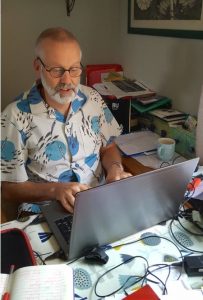
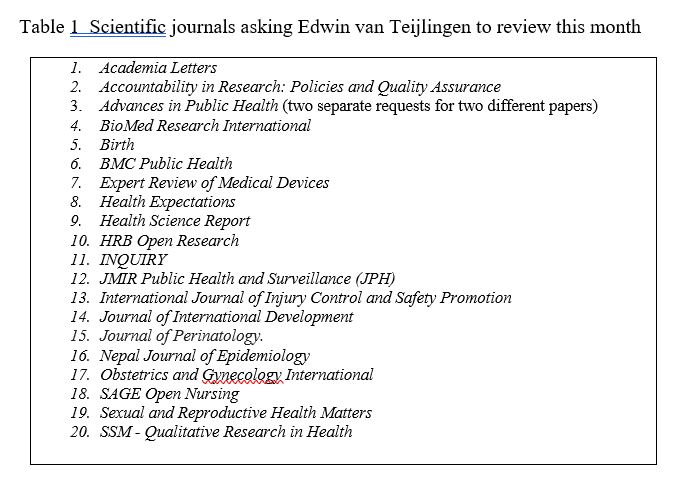

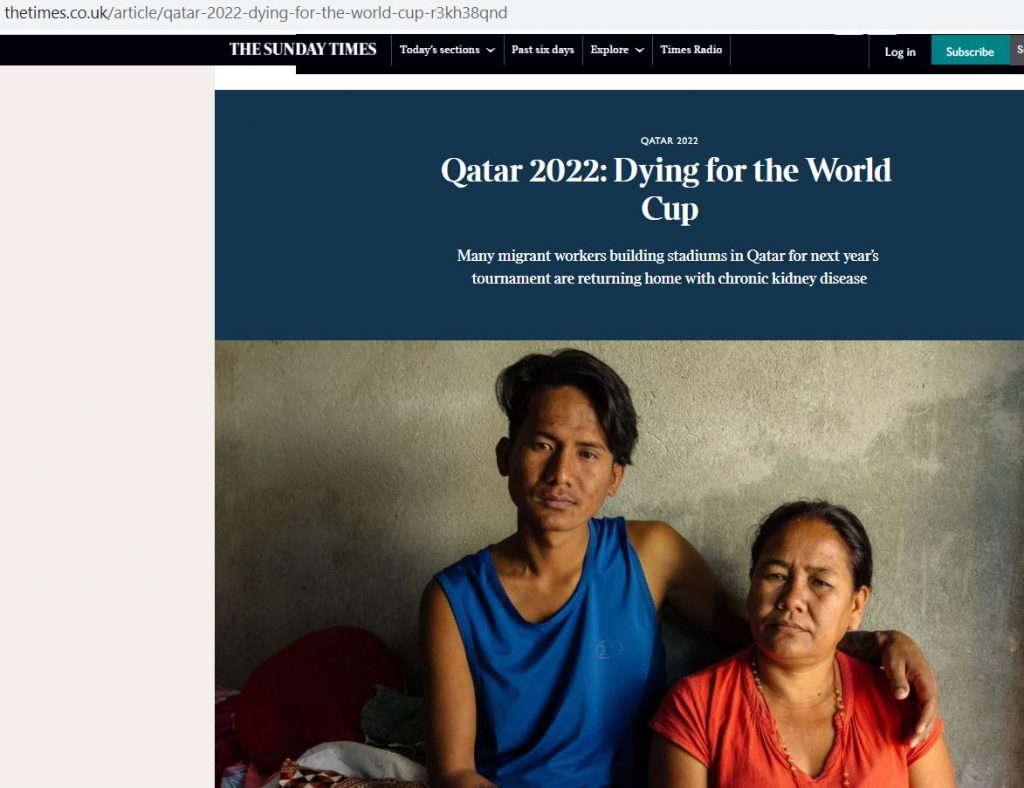



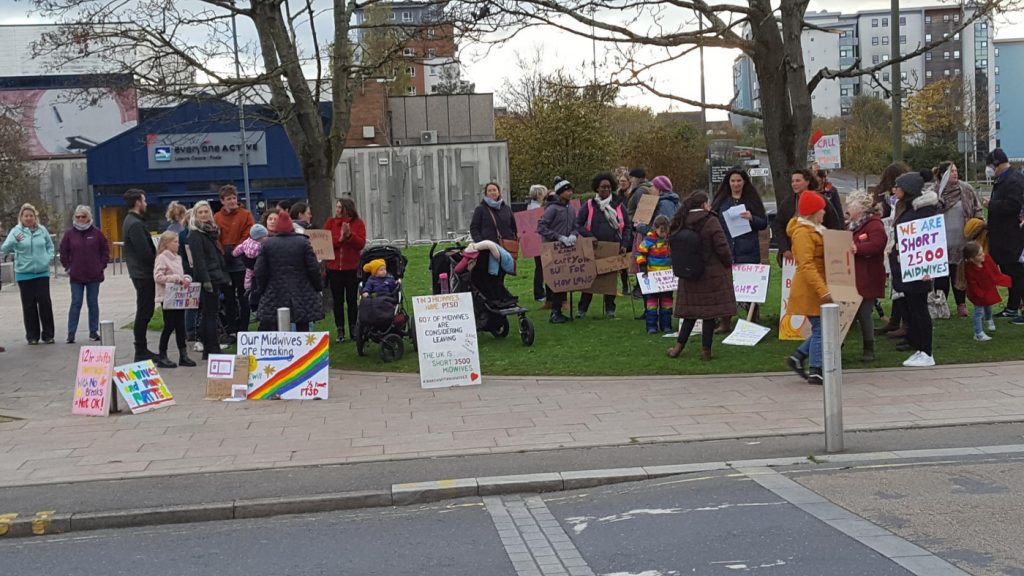
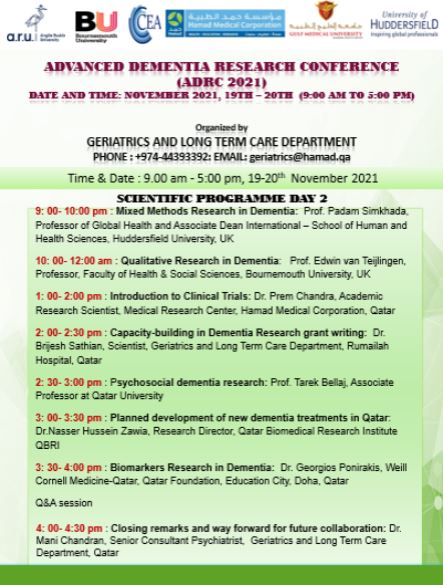
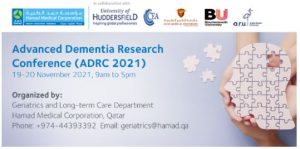
 We are pleased to announce the first call for our new funding stream for public engagement with research
We are pleased to announce the first call for our new funding stream for public engagement with research
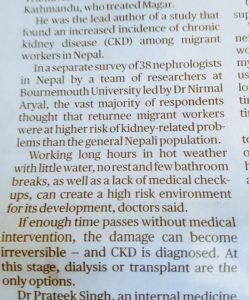
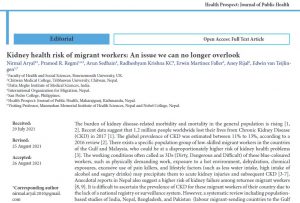
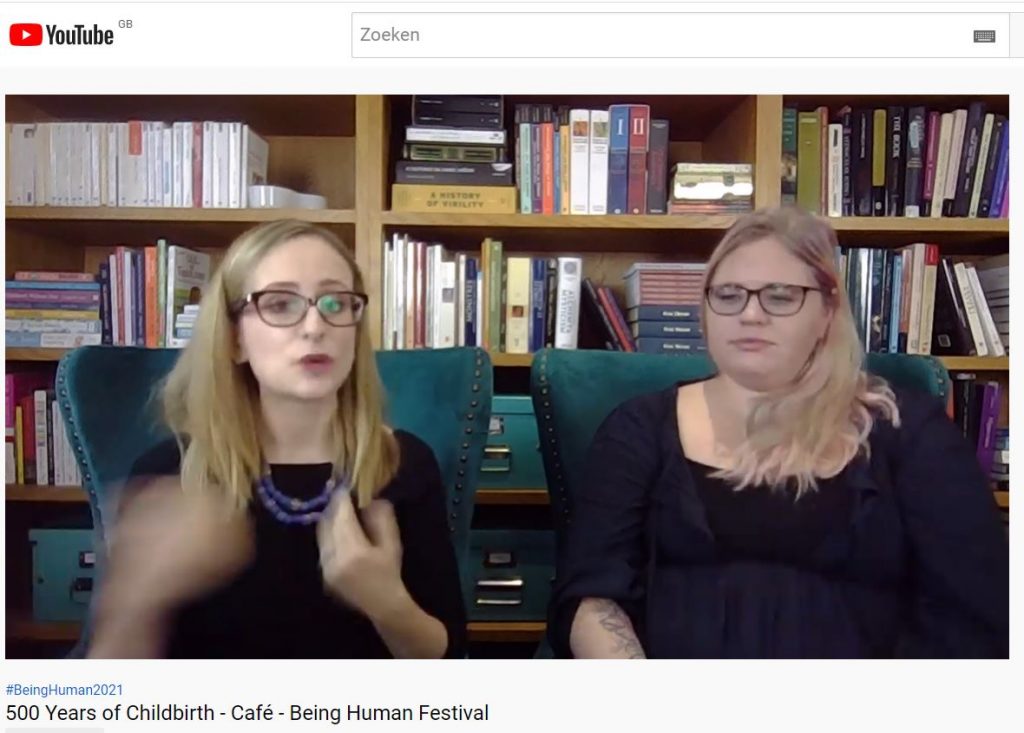
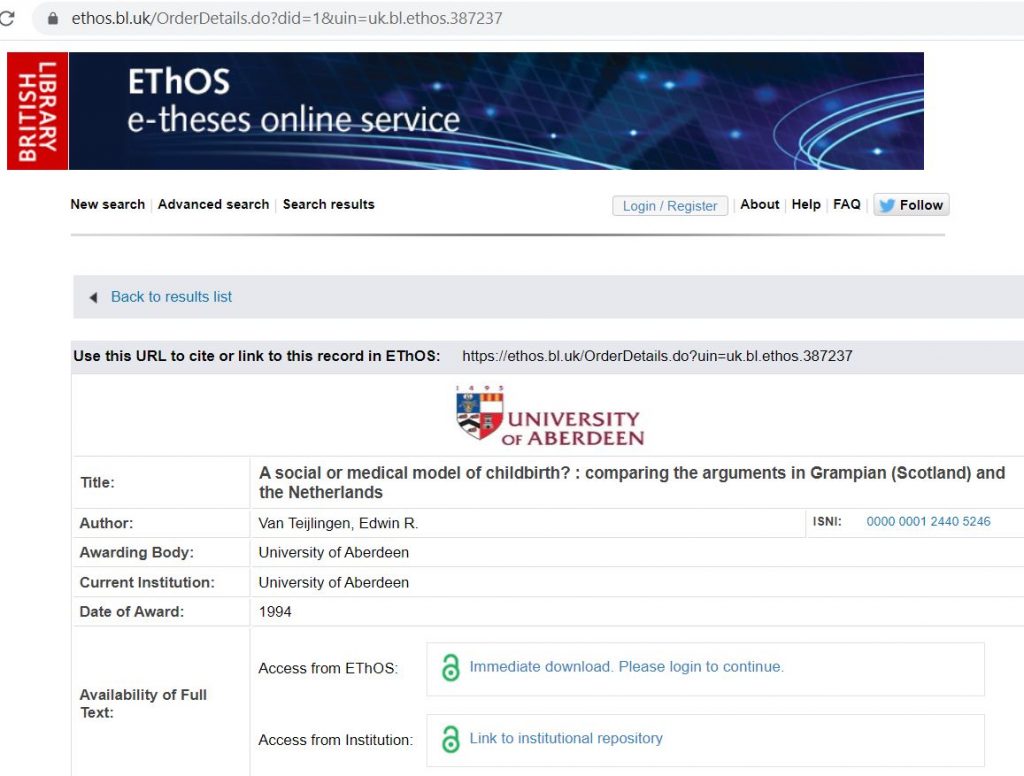
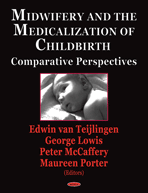
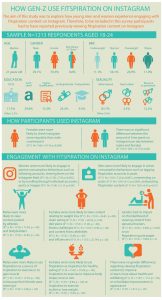

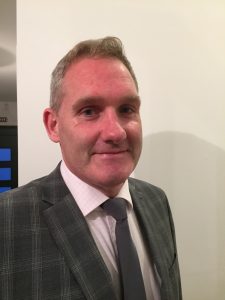

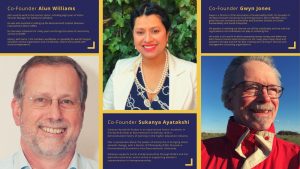
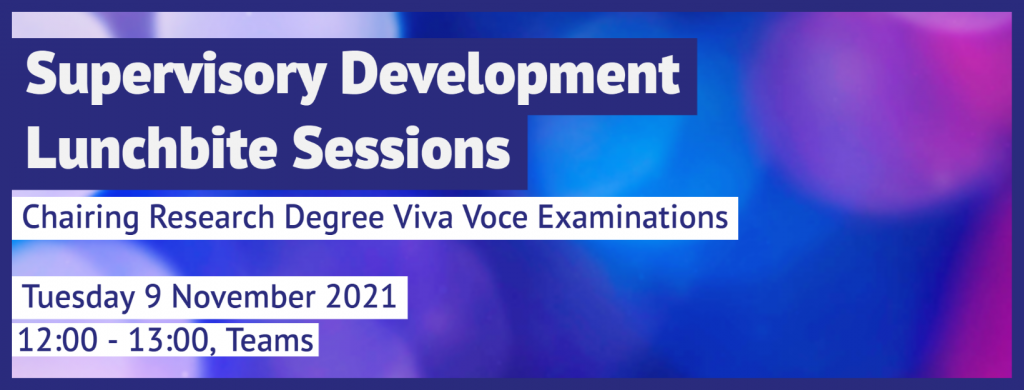











 New weight change BU paper
New weight change BU paper One week to go! | The 16th Annual Postgraduate Research Conference
One week to go! | The 16th Annual Postgraduate Research Conference Geography and Environmental Studies academics – would you like to get more involved in preparing our next REF submission?
Geography and Environmental Studies academics – would you like to get more involved in preparing our next REF submission? Congratulations to three former BU staff
Congratulations to three former BU staff MSCA Staff Exchanges 2024 Call – internal deadline
MSCA Staff Exchanges 2024 Call – internal deadline Applications are now open for 2025 ESRC Postdoctoral Fellowships!
Applications are now open for 2025 ESRC Postdoctoral Fellowships! Horizon Europe – ERC CoG and MSCA SE webinars
Horizon Europe – ERC CoG and MSCA SE webinars MaGMap: Mass Grave Mapping
MaGMap: Mass Grave Mapping ERC grants – series of webinars
ERC grants – series of webinars